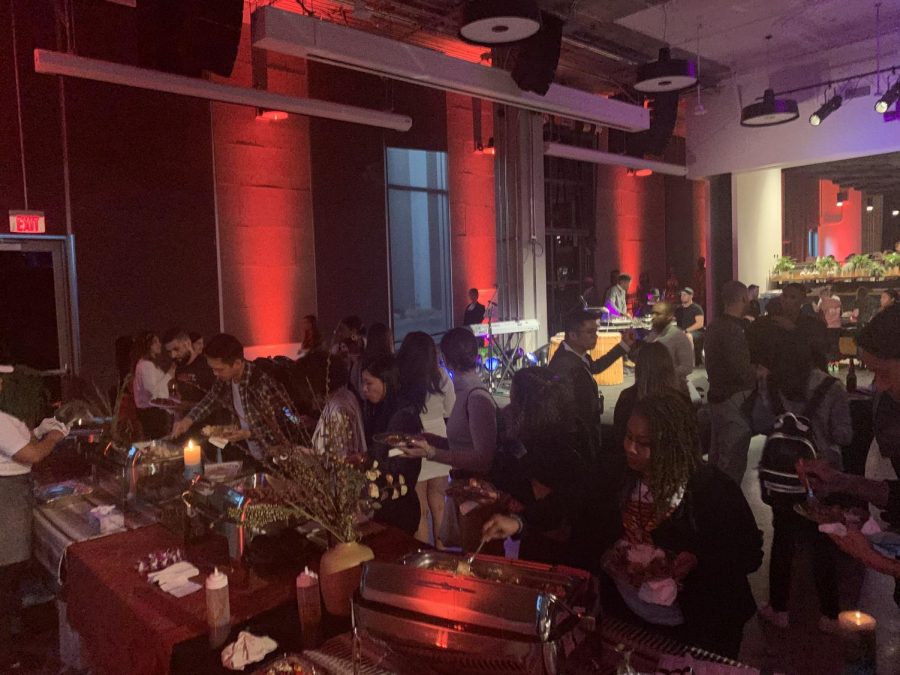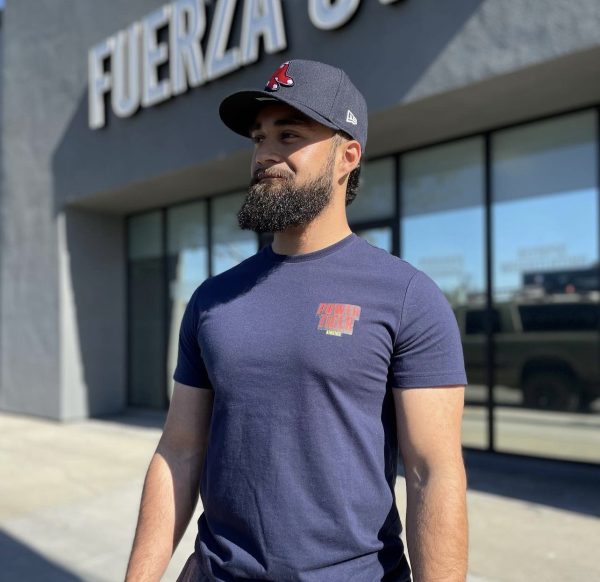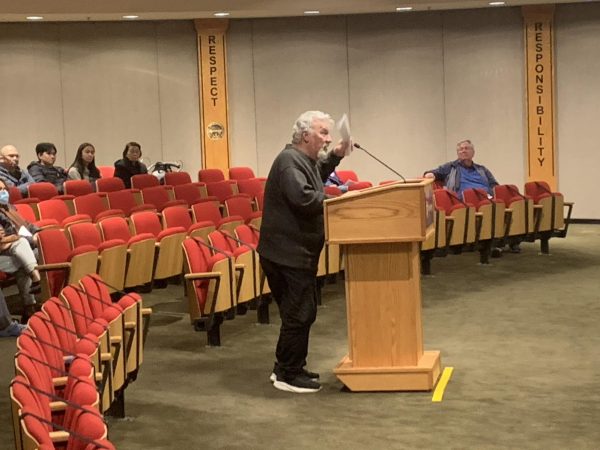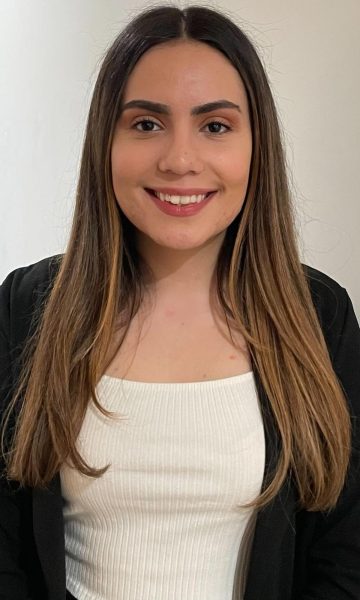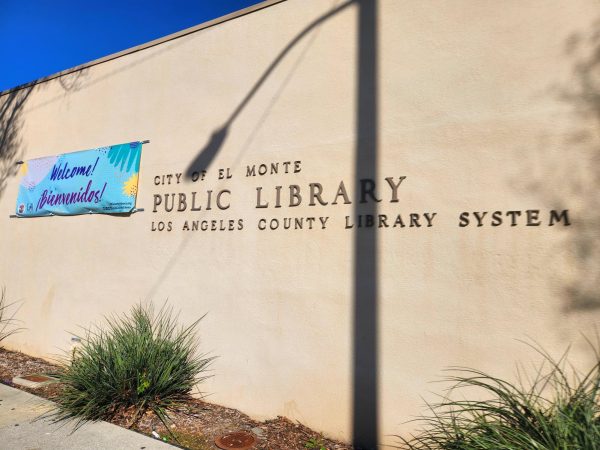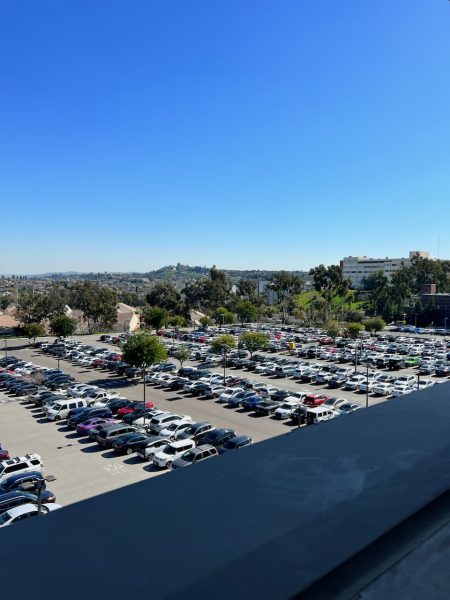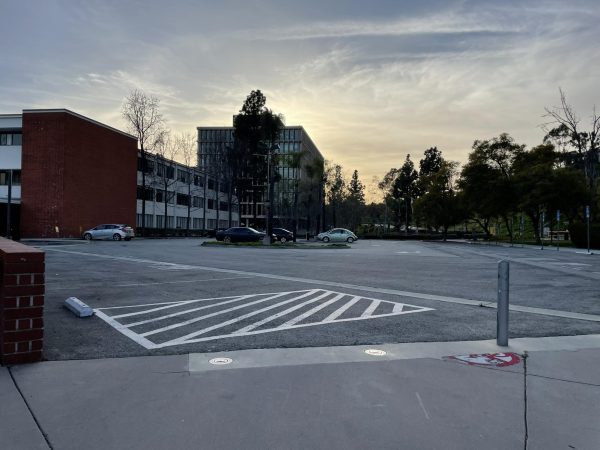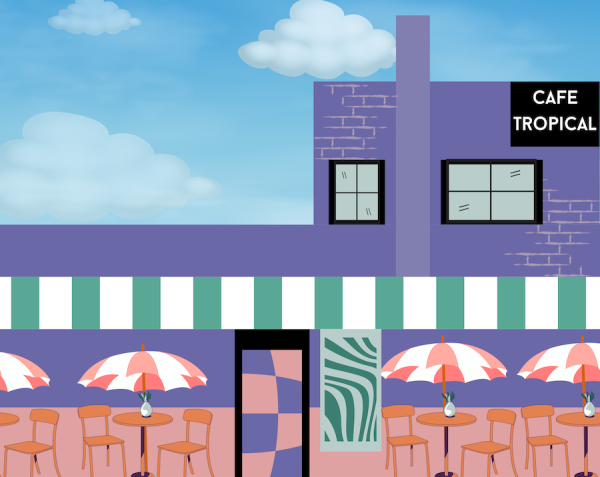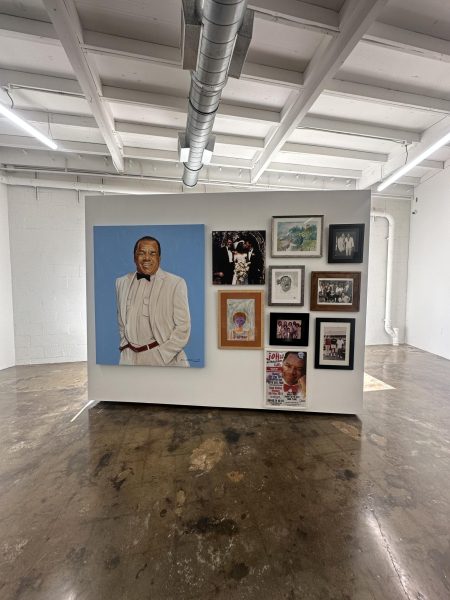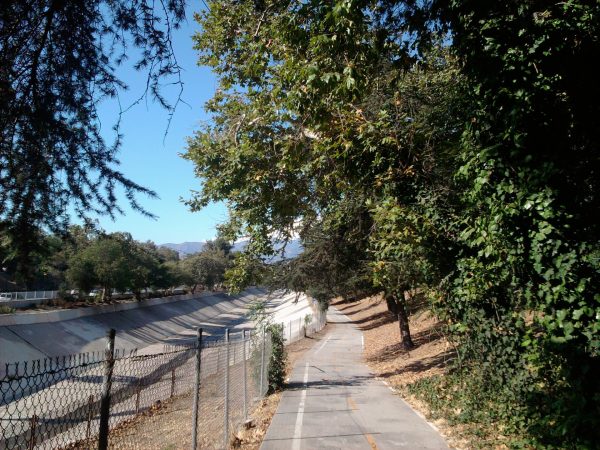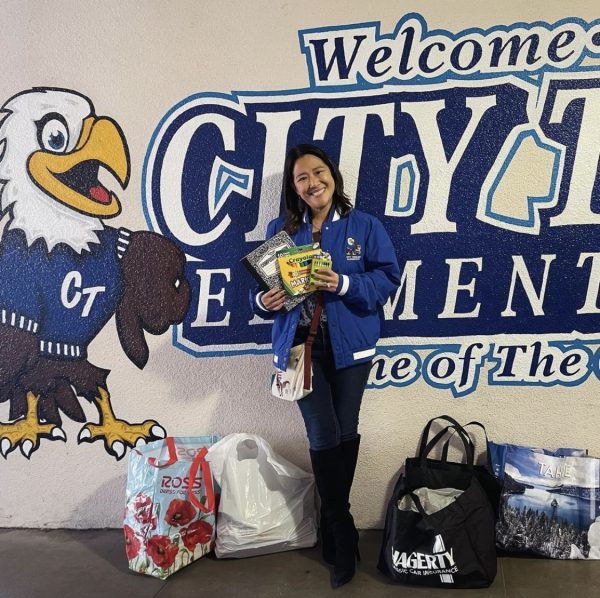Personal essay: Celebrating Black History Month in all its blackness
Netflix party unifies hip hop, dancehall and Afrobeats
As I entered the room, I felt embraced.
I did not stand out. I did not feel eyes on me. I was not questioned for my
It was a moment of complete blissfulness where I could be my authentic self: a Black Nigerian- American woman.
At Netflix’s Black History Month celebration last week — which I had the honor of attending because my mother was one of the caterers — I took in the foods, smells and tastes of diverse Black, African American and Caribbean diasporas.
It was a celebration of culture.
People were reconnecting with friends in the community and making new ones.
They were dancing to Afrobeats, which mixes American funk and jazz with West African music, and Dancehall, a genre of Jamaican music.
They were thinking about what this month means to them. The Library of Congress describes Black History Month as a time to celebrate “the contributions that African Americans have made to American history in their struggles for freedom and equality and deepens our understanding of our nation’s history.”
“Just to have all of…those experiences at the same time was special, and it really did represent what the month represents,” said Edwin Redway, a chef who started E Dubble Catering in 2004.
He said the food he prepared for the event brought together the best of both cultures, Cali-Caribbean and Soul.
Redway said Caribbean culture is influenced by the French islands, which are the places once colonized by France: “All of [the islands] are really one; it’s where we were raised at.”
Beyond the Caribbean, African cultures were also represented at the event. For instance, Daunte Fyall, a West African dancer, described the dance he performed.
“We were doing a dance called Balanta of the Senegambia region. Those who resist — that’s what Balanta means,” he said. “So we were resisting anything that wasn’t love: Healing the space with love.”
To me, moments like these revealed the culture embedded within the African American community and revealed what this nation needs the most right now: Love.
Disclosure: The author’s parent was one of two caterers of the event.
This story was originally published March 3, 2020.
Community News reporters are enrolled in JOUR 3910 – University Times. They produce stories about under-covered neighborhoods and small cities on the Eastside and South Los Angeles. Please email feedback, corrections and story tips to [email protected].

